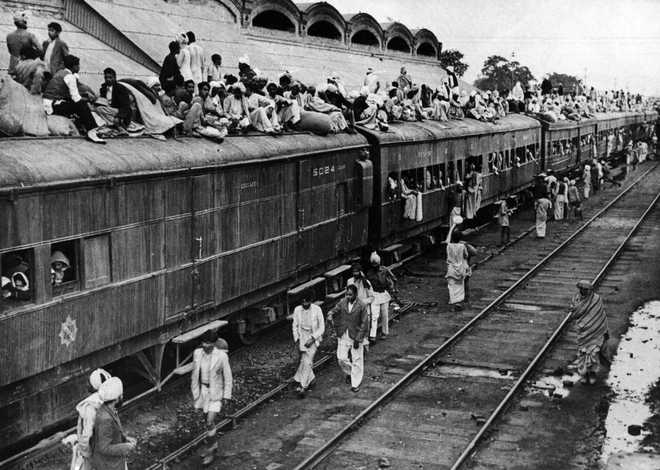
File photo
Rashi Puri
A year before the Partition, when young Dev Prakash Manchanda, my distant relative, left his home in Rawalpindi to pursue medicine in Lahore, his widowed mother and five siblings returned to their ancestral town, Hazro, in Campbellpur district, presently Attock. As the voices supporting the Partition gained momentum, the violence in undivided Punjab increased. Riots in Hazro forced the Manchanda family, along with other Hindus and Sikhs, to momentarily move to refugee camps at the district headquarters. Despite the disruptions, 22-year-old Dev Prakash continued his studies at Balak Ram Medical College, Lahore. In the summer of 1947, when his hostel was attacked with grenades, the boys began guarding their hostel every night with the few weapons they could gather.
When living in Lahore became impossible, he returned to Hazro. They settled in the refugee camps at Rawalpindi. It was in the camp, secured by barbed wires and the Indian Army, that he learnt about Independence and the division of his land in August 1947.
Regular visits by his Muslim friends gave the family some comfort, as they waited to cross the new border. It was during one such visit that his friends decided to take him for a film. After much convincing, three boys — one Hindu and two Muslims — rode a bicycle through riot-torn Pindi to a movie hall in the city. ‘Scared, I kept scanning the empty picture hall to make sure nobody was coming to attack me,’ he told me. After a brief interlude in the outside world, he safely returned to life in the camps.
In October 1947, it was in the middle of a lull which came after much bloodshed that the Manchandas boarded a train to India. From the Wah military railway station, they got into a packed train. The coolies decided to keep their two trunks as they began their journey to a divided Hindustan, never to return.
Travelling with nothing other than the clothes on their backs, it was only when the train stopped at different stations that they quenched their thirst with the rainwater which had accumulated along the track.
‘We were near Lahore,’ Manchanda recalls, ‘when our train halted in the middle of the night, under the sounds of gunshots.’ Soldiers escorting the train to India held the driver at gunpoint and forced him to drive all the way across the border. Reaching Amritsar, he and his family travelled to Haridwar, where they took refuge at his brother’s house, and eventually settled in Kanpur. Resuming his studies, Manchanda, he is now 97, went on to acquire a degree in medicine.
Join Whatsapp Channel of The Tribune for latest updates.



























